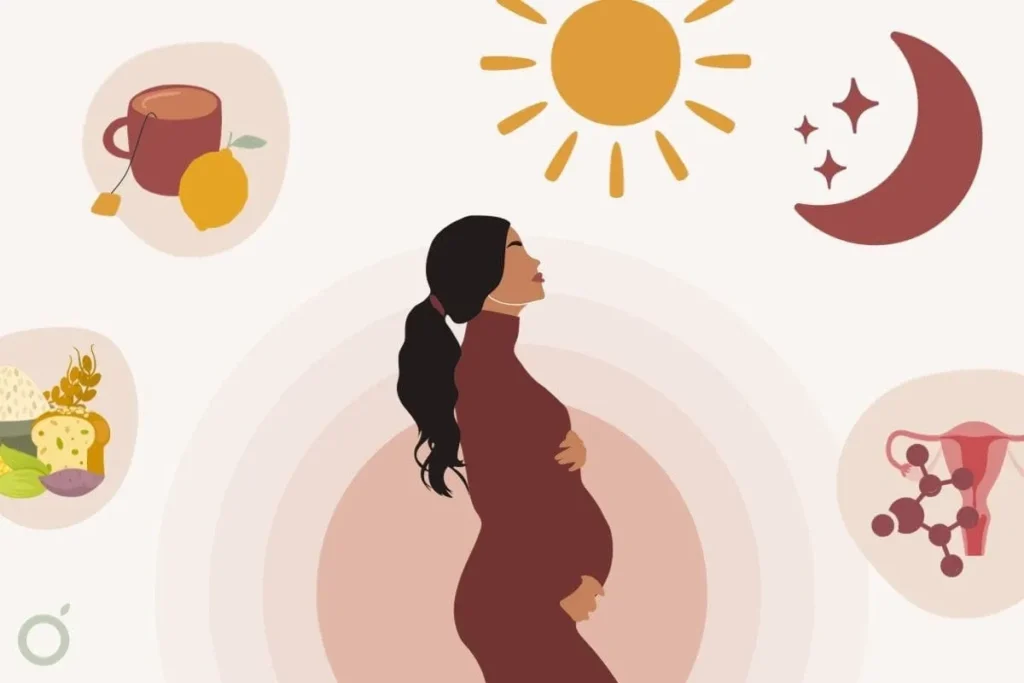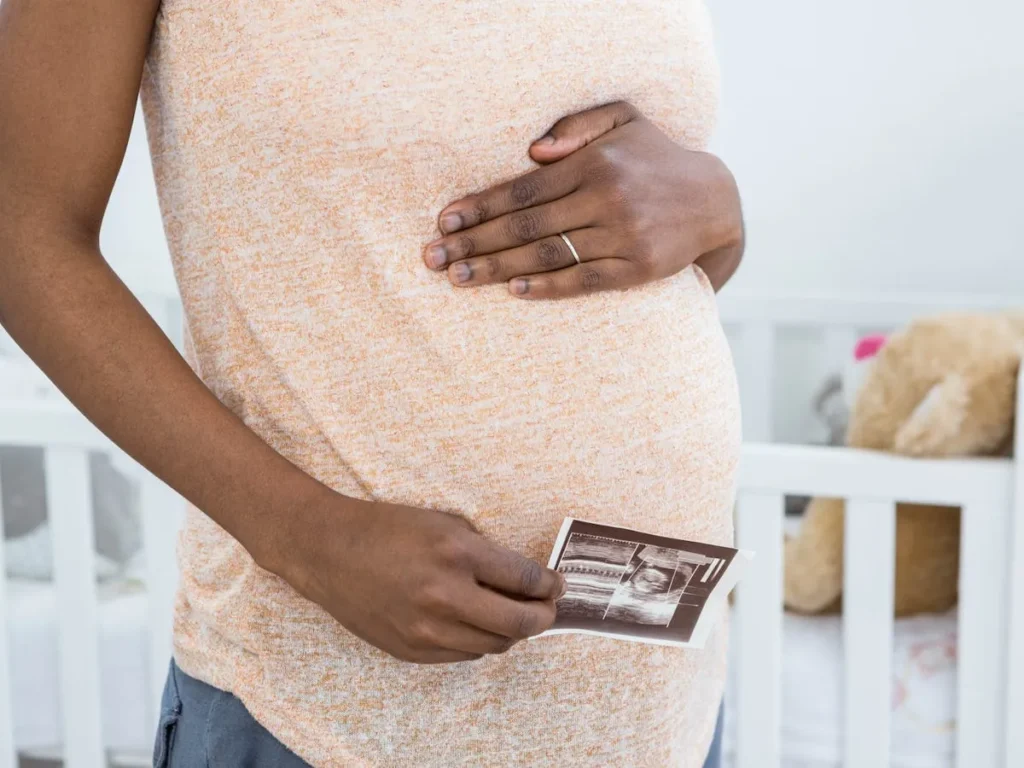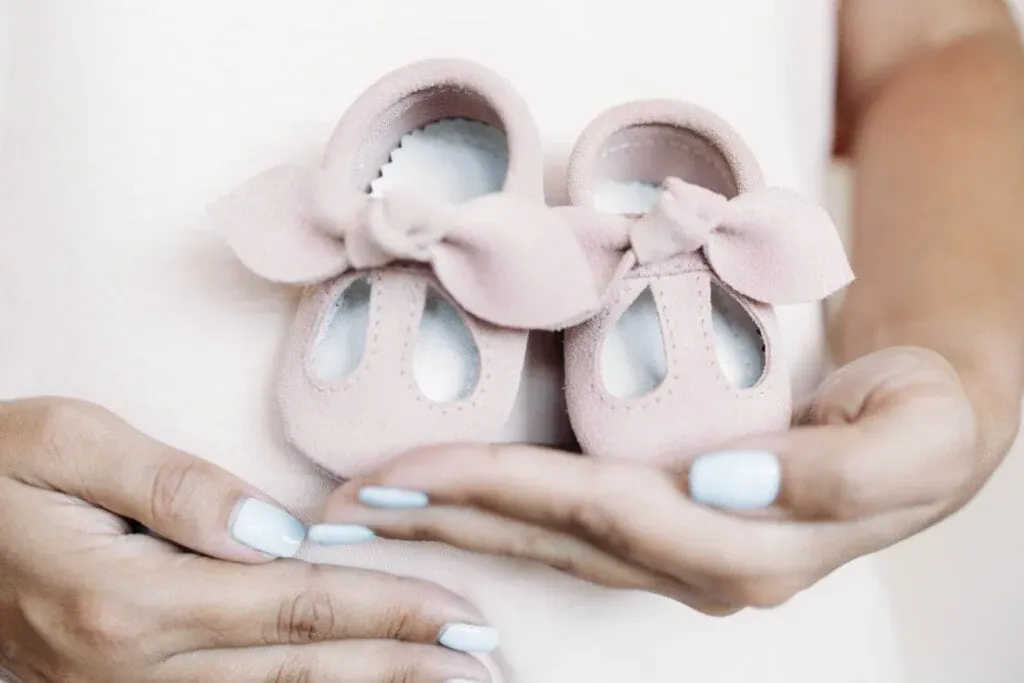So, you’re pregnant (yay!), and your aunt says you’re definitely having a girl because you’re craving chocolate and your bump is “sitting high.” But is that true? Should you believe these old wives’ tales, or is there real science behind gender prediction?
This article dives into those popular Signs You are Having a Girl busts the myths, adds a sprinkle of science, and includes some real-life mom stories to make your pregnancy journey a little more fun—and informative.
Myth #1: Severe Morning Sickness = Girl
The Claim:
If you’re hugging the toilet every morning, it must be a girl.
The Science:
A 2021 study from Sweden found that people carrying girls reported more nausea in early pregnancy. Why? Higher levels of the hormone hCG, which are slightly more common in female pregnancies.
Real-Life Story:
“During my first trimester, I couldn’t even smell food without gagging. Turns out, I had a girl,” says Amina, a mother from Lahore.
Verdict: Some truth, but not a guarantee. Many moms with boys also experience morning sickness.

Myth #2: Sweet Cravings = Girl
The Claim:
You’re craving cupcakes, mangoes, and chocolate—it’s a girl!
The Science:
Cravings are linked to hormonal fluctuations and nutritional needs, not gender. Still, one study suggested women pregnant with girls may have heightened taste sensitivity.
Real-Life Story:
“With my daughter, I couldn’t stop eating sweets. With my son, I was all about spicy samosas,” laughs Sana, a mom of two from Karachi.
Verdict: Fun to track, but not a reliable sign.
Myth #3: High Bump = Girl
The Claim:
Carrying high? Everyone says it’s a girl.
The Science:
Bump position depends on abdominal muscle tone, uterus shape, and whether it’s your first pregnancy—not baby’s gender.
Real-Life Story:
“I carried high both times, but had a boy and a girl,” says Zara, a fitness instructor and mom.
Verdict: Bump height is a reflection of your body, not your baby’s sex.
Myth #4: Fetal Heart Rate Over 140 bpm = Girl
The Claim:
If your baby’s heart rate is faster than 140 beats per minute, you’re having a girl.
The Science:
Fetal heart rate fluctuates based on activity, gestational age, and health—not gender. Doctors use this to monitor well-being, not predict sex.
Real-Life Story:
“My baby’s heartbeat was 158 bpm. Everyone guessed girl. Surprise—he was a boy!” says Uzair, a proud new dad.
Verdict: Cool to hear, but not accurate for guessing gender.
What Science Actually Says
Let’s get real: myths are fun, but they don’t replace reliable testing. Here’s what works:
- NIPT (Non-Invasive Prenatal Testing): Done from week 10. Looks at fetal DNA in your blood.
- Ultrasound (18–22 weeks): Most common, often accurate.
- CVS or Amniocentesis: Invasive, used for genetic conditions but reveals sex as well.
Myth vs. Reality Summary Table
| Myth | Claim | Truth |
|---|---|---|
| Morning sickness | More = girl | Some evidence, not a rule |
| Cravings | Sweet = girl | Hormonal, not gender-based |
| Bump shape | High = girl | Based on mom’s body, not baby’s sex |
| Fetal heart rate | >140 bpm = girl | No scientific basis |
| Ring test / Drano / urine color | Movement/color = girl | Pure myths |
Real Life Signs You are Having a Girl: Have Fun With It!
Your mom, your khala, your friends—everyone has a theory. And that’s okay. Predicting your baby’s gender is a cultural tradition that brings excitement and bonding.
Just remember, if you want certainty, go with medical tests. If you’re in it for the laughs, enjoy the ride and guess away!

Final Thoughts: Use Your Brain and Enjoy Your Bump!
Whether it’s pink, blue, or a surprise, your baby is special. This article helps you sort facts from fiction so you can smile at the myths and lean into the science.
And hey—no shame in having fun guessing!
Ready to predict your baby’s gender the smart way? Start with a doctor, not a ring test.
FAQ: Real Questions from Real Moms
Q: Are gender prediction kits reliable?
A: Most at-home kits are for fun and not backed by science.
Q: Can stress affect my baby’s gender?
A: Some studies suggest high stress levels may slightly influence conception odds, but it’s far from definitive.
Q: Why do myths vary from culture to culture?
A: Traditions, diet, environment, and storytelling pass these myths down. They’re fun but not factual.

Russell F. Jones, holding a Master in psychology from the University of Florida. He writes for Smart Parent Solutions, offering practical advice on parenting and child development. His engaging content helps parents navigate family life with confidence and ease. Russell enjoys sharing his knowledge and spending quality time with his family.
